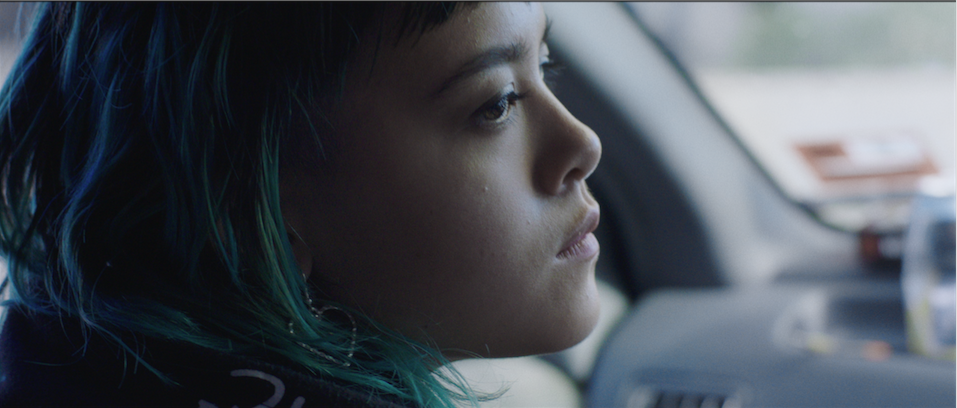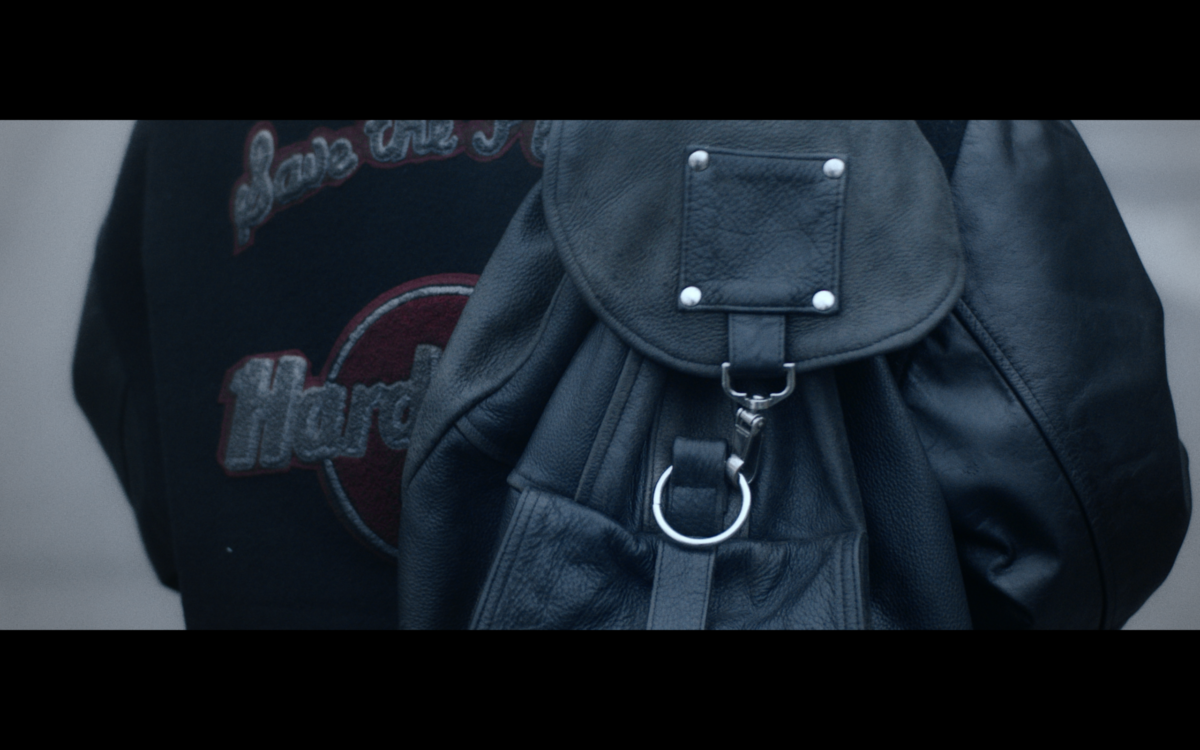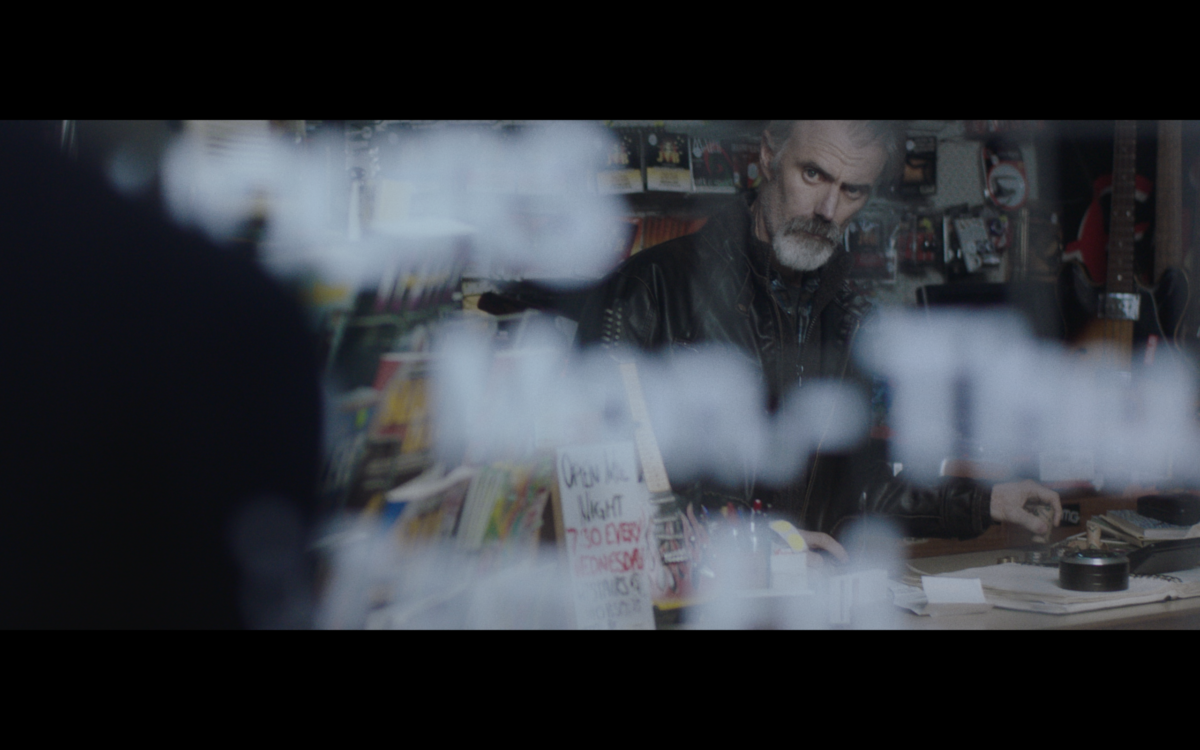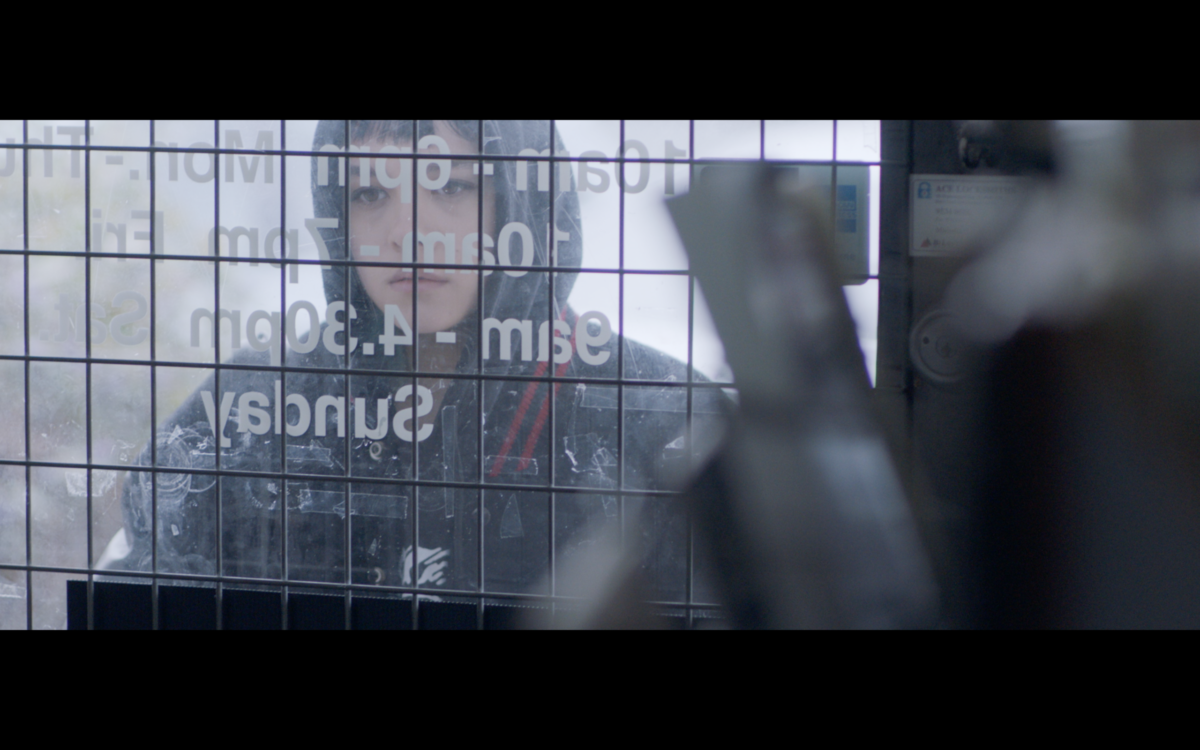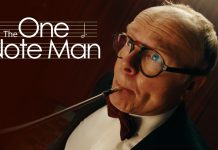Selected as one of 63 shorts from a record number of 5,131 submissions for this year’s Tribeca Film Festival, Chinese-Australian director Lydia Rui’s ‘This Perfect Day’ is making waves, notably with the introduction of non-binary lead Michelle Keating and shot with a predominantly female key crew.
Rui drew inspiration from her own life and Film and TV Now had the pleasure of talking with Rui about her creativity and experience making the film.
FILM AND TV NOW: What’s striking about ‘This Perfect Day’ is the simplicity of the set up and the subtext of the relationship. Is this something you like to work from in terms of a creative canvas?
LYDIA RUI: Thank you! I would say my canvas was dictated more by necessity. As this was my second ever film and my first narrative short out of NYU, I wanted to make something contained and achievable with limited resources, that hopefully didn’t ask too much of my collaborators. Ultimately, I aspire to make intimate, cross-cultural epics that continue to build on the simplicity of subtext — films where actions speak without words.
FTVN: Music lends a lot of the context. Are you a musician yourself and did it feed into your work in this short?
LR: No, I wish I was! I can play piano and sight-read music, but I’m far from a musician. However, music has always been part of the creative process for me — I used to write song lyrics as a child — and I will often listen to certain playlists when writing and editing, and even create playlists for certain characters.
The music store context was inspired by childhood visits to a particular suburban store, among other personal reasons. Tellingly, during the location scouting process, we visited several stores that, upon explaining the story, told us it wouldn’t be surprising if the film was based on their own bosses!
FTVN: You use a lot of facial close-ups and focus in the short. As a film-maker from a visual style, is this how you evolve in making a short?
LR: The visual style for me is dependent on the story — for this particular film, I am curating Jules’ subjective experience for the viewer: one of tension and high emotional stakes. Thus, the close ups are meant to create a claustrophobic experience, one that captures a palpable sense of anxiety. Every shot is storyboarded with their perspective in mind.
FTVN: Tell us about your cinematographer and sound mixers and how you shaped the story this way.
LR: Alice Stephens is an amazing cinematographer with a documentary background. From her prior work, it was evident she had an intuitive and empathic eye. We shared an aesthetic sensibility, crystallised when we shared references. I made loose storyboards, then after we location scouted, I storyboarded everything again. Alice also has experience gaffing, which is not always the case for cinematographers, even though an understanding of lighting is fundamental.
Gunay Demirci is the sound designer and mixer of ‘This Perfect Day’. This was my second time working with Gunay, which was just as enjoyable as the last. It was not until we began sound designing that the film truly felt cinematic. Gunay tirelessly works on what might seem to others trivial minutiae — layering the right consistency for footsteps, looping the undulating clicks of a cassette player to create the background ticking of a clock when we were unable to find an appropriate one, combing for the appropriate hum to crescendo our white noise. I am quite particular as well, writing sound design notes in the picture lock which I provide for Gunay (for example, a passing siren, a crying baby, a shriek of wind), but there are many details Gunay brings to the project before we even have our first sitting. The audial world is just as important in creating that subjective experience.
Both Alice and Gunay exude a warm, strong energy which made me feel safe, that I could comfortably express concerns with them and engage in creative discussions without risk of being strongarmed. With the whole crew, we tried to foster a nurturing environment that disarmed ego. I hope to continue working with Alice and Gunay well into the future.
FTVN: You were a videographer for Beyonce’s ‘Mrs. Carter World Tour’ , an appointment that would look good on any number of resumes. Tell us about your working relationship with the star and how it has shaped your own experiences and creative development.
LR: Most inspirational was bearing witness to Beyoncé’s extreme work ethic: every bit of success she has is hard-earned and well-deserved. It’s a reminder of why she stands as a ground-breaking icon. I think for many it would be incomprehensible the sheer standard of her work ethic, which she seems to execute not out of necessity but of a purposeful passion, and I feel incredibly privileged to have experienced it. That was definitely a waking moment for me in my personal development.
FTVN: You worked for Exit Films as well from 2014 – 2016. What things were the most important that you learned from your employment there?
LR: I learnt so much! I learnt about graphic design, a field in which I had no understanding before, but which I had to pick up in order to create appealing treatments that translated a director’s vision to agency and clients. I also learnt about photography, through the cultured eyes of the directors that worked at Exit — much of directors assisting involves image referencing, and I had previously known little about contemporary photographers. It was after my time at Exit that I picked up my first 35mm film camera to take photos too. I also learnt about the machinations of the commercial world, whilst also being introduced to a trove of cinematic auteur influences. I’m lucky enough to still be mentored by directors like Glendyn Ivin and Mark Molloy, as a result of my time there. Garth Davis was at the time directing the Oscar-nominated Lion (2016), his feature debut, and he would come back from India regaling us with stories of what he learnt. I worked also with great female directors, like Paola Morabito, Gaysorn Thavat, Shelly Lauman, Selina Miles, and Luci Schroder who all treated me as an equal, as someone with potential. Most importantly, I learnt you can be successful without compromising kindness and humility.
FTVN: ‘This Perfect Day’ is your second narrative short. What you bring to the process from your earlier work?
LR: My first film, ‘Touching is Teaching’, which was also a student film, tried to cover a two-week time period and the entirety of a relationship in eleven minutes — for a first film, I believe I tried to do too much. I wanted for this film to be an exercise in the opposite: limiting myself to telling a moment. From my student film, I maintained the practice of rehearsals and storyboards.
FTVN: Finally, what are your hopes and ambitions for this short and your future work?
LR: I would love for This Perfect Day to play at more major festivals and reach as wide an audience as possible, and to pave the way for interest in the feature film adaptation I’m currently working on. In addition, I have two other features in early development. The convergent themes of home, belonging, and identity seem to surface, particularly as they pertain to intersectional cultures. Ultimately I want to tell stories which center the marginalized experience, that find beauty and light in darkness.


